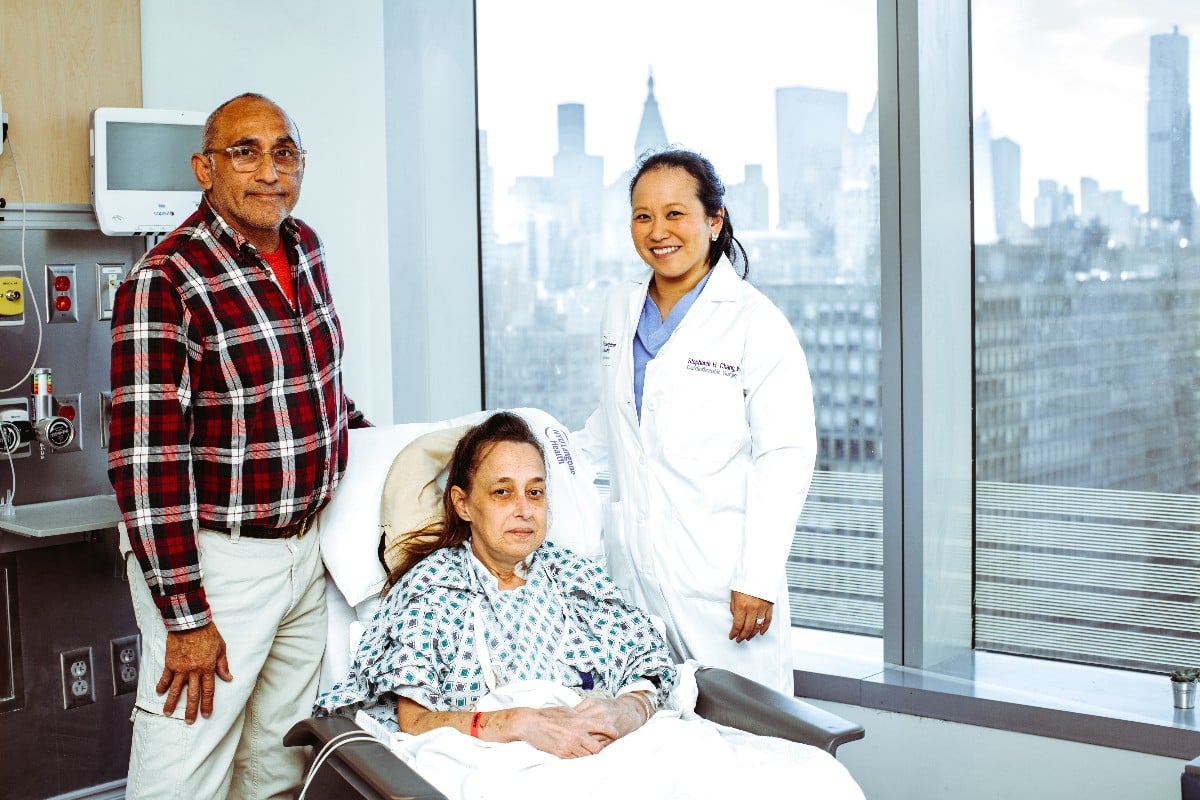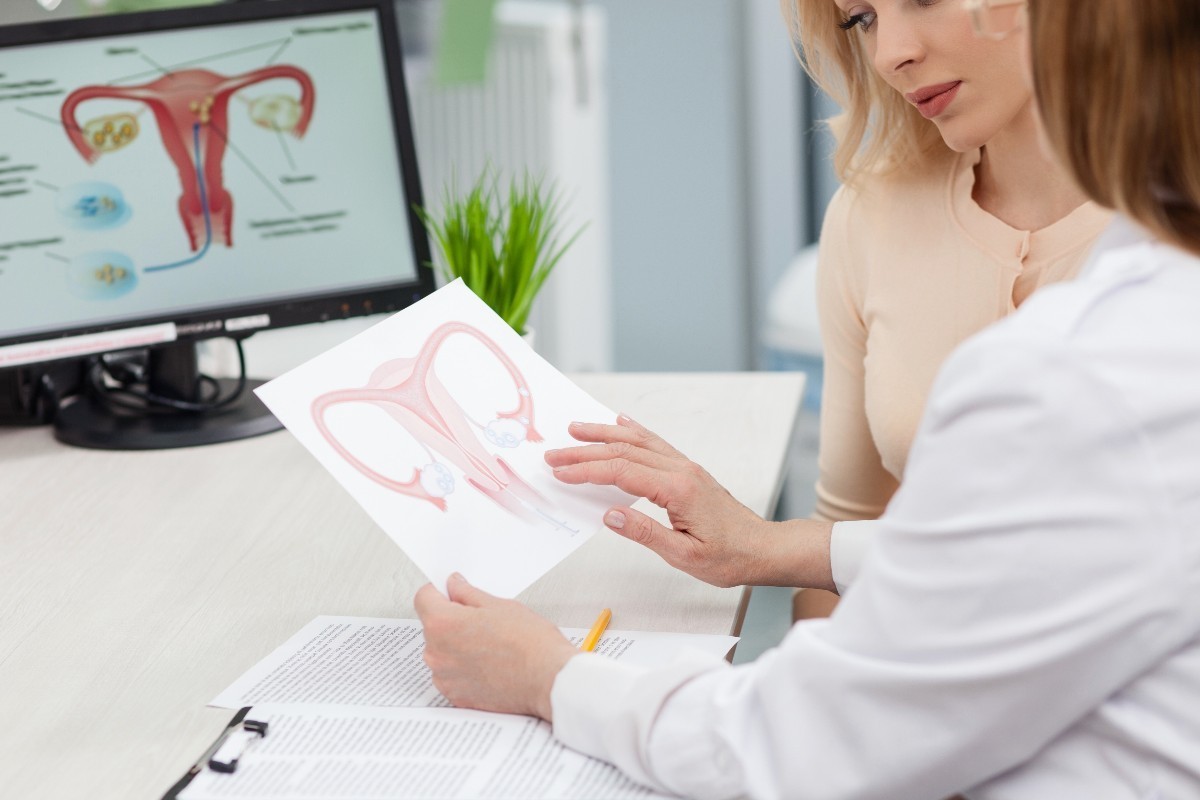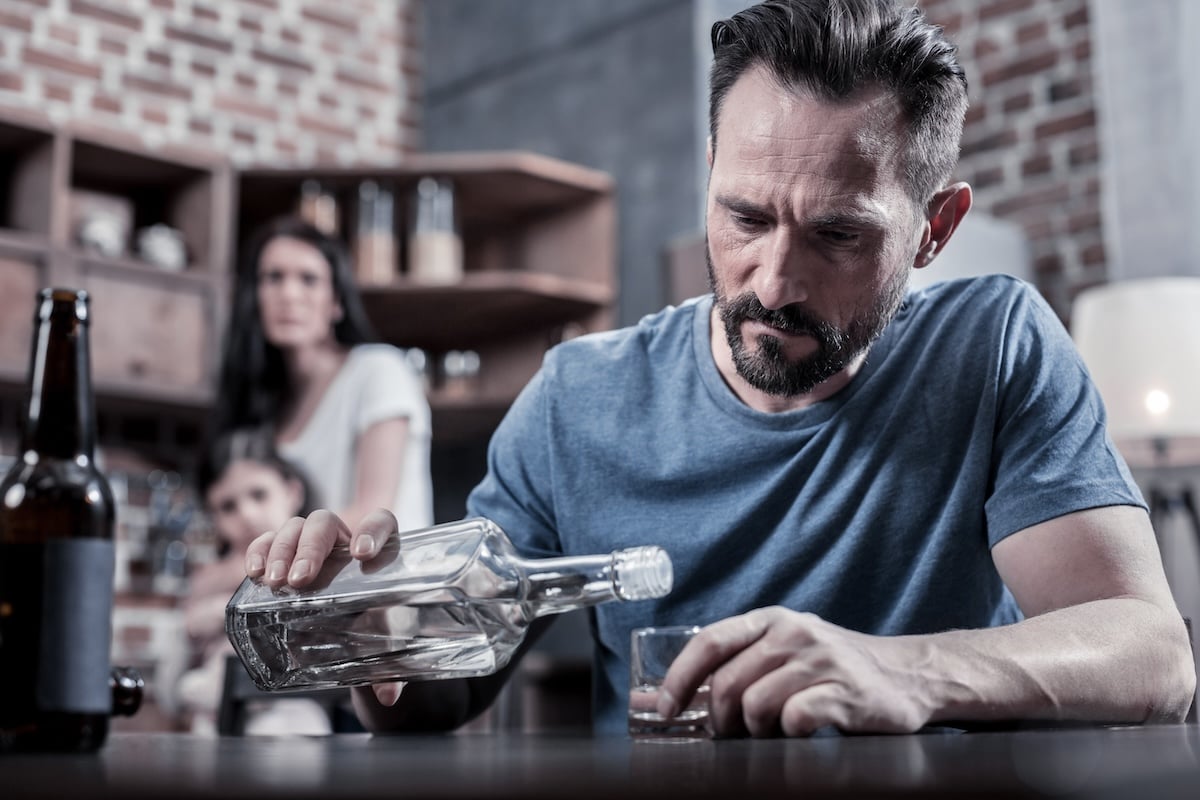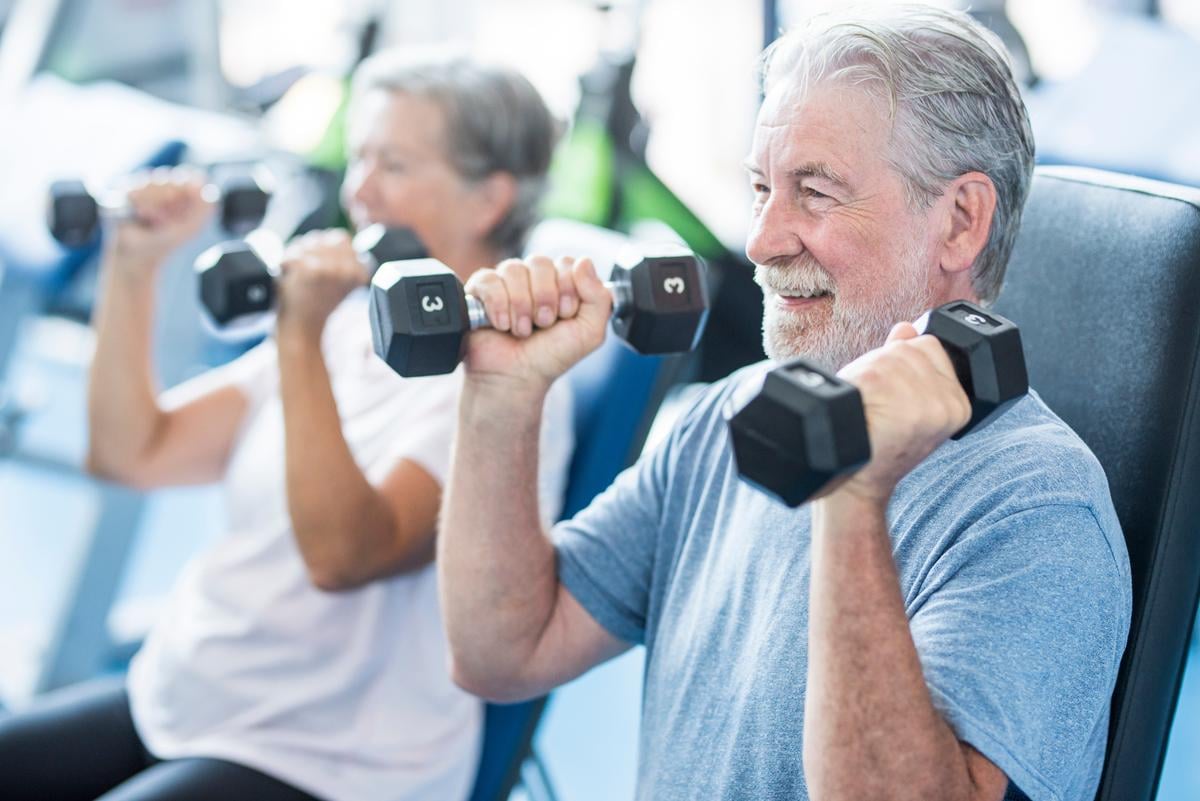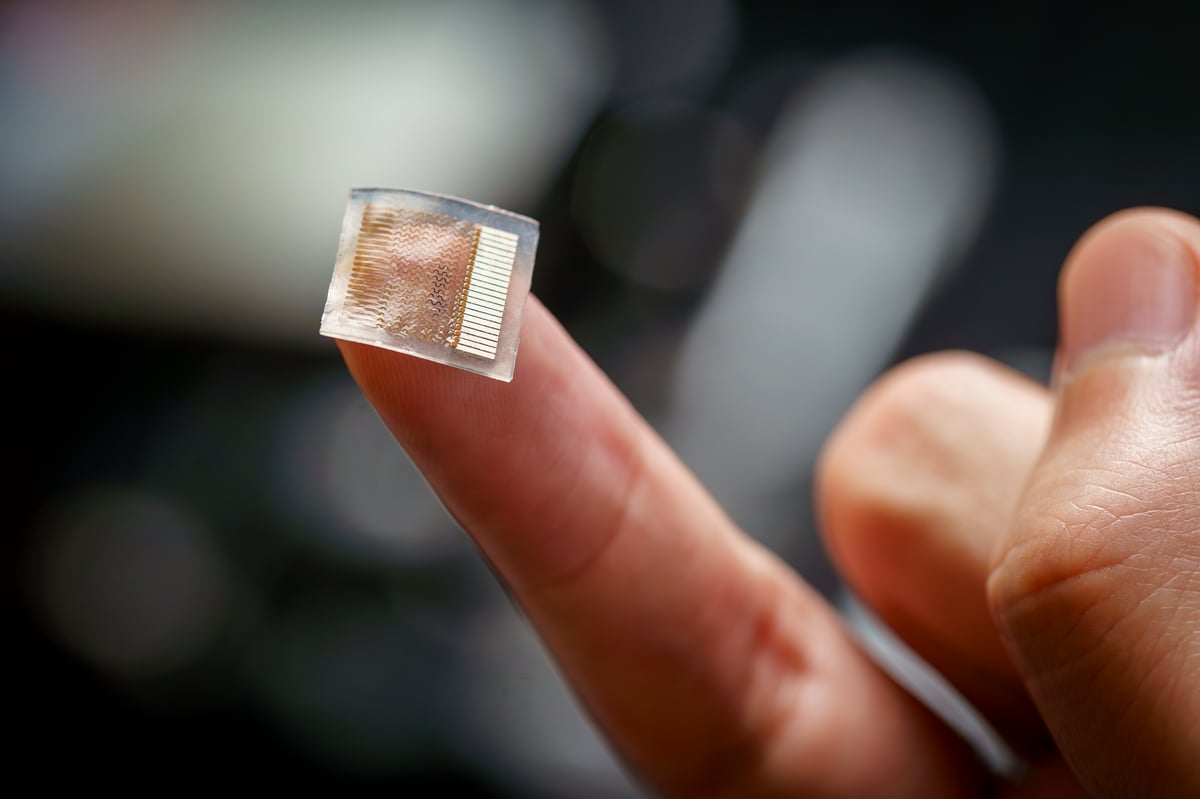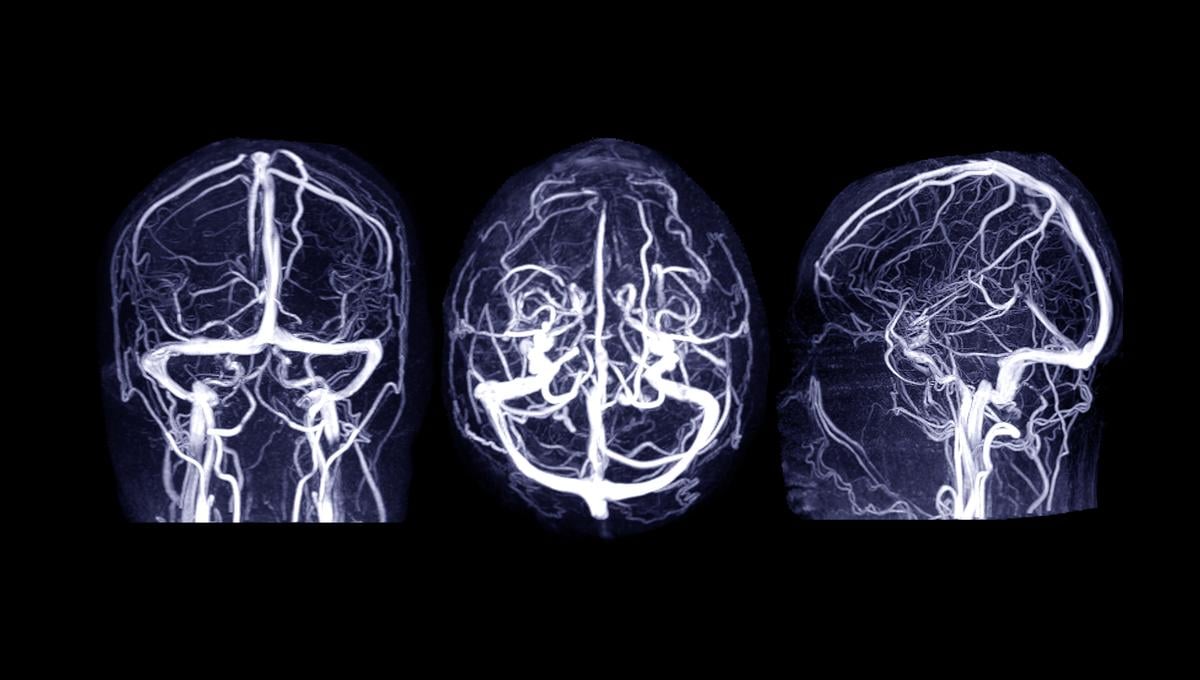
For many, the holidays are a time when you connect with others and share time with loved ones. But for some, the holidays are a painful exercise in loneliness. While a Northwestern Medicine study published last spring found loneliness is more prevalent in both younger and older adults, those feelings intensify around the holidays, said Eileen Graham,… read on > read on >











.jpg)
